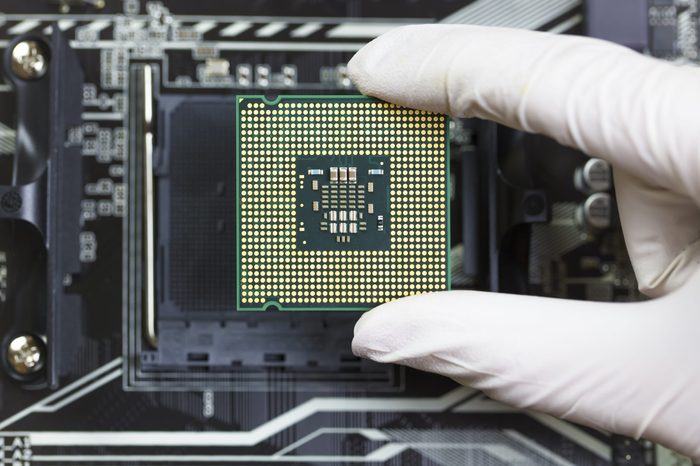3 Reasons For The Global Computer Chip Shortage

The current computer chip shortage is complicating manufacturing at a global level. Here's how we got here.
Many of you probably know there’s a worldwide shortage of semiconductor computer chips. This massively impacts hundreds of industries that rely on these chips in their products, from large appliances to automobile manufacturing.
A recent report from JPMorgan indicated the chip shortage isn’t expected to end soon, with experts predicting short supplies well into 2022. Here are three of the main factors that led to this global shortage.
Increased Demand for Electronics
The COVID-19 pandemic brought a wave of shutdowns that stalled activity at factories across the world. At the same time, people were stuck at home looking for things to do and ways to entertain themselves.
This led to a huge increase in demand for consumer electronics while the factories making them could not churn out their normal levels of supply. The backlog put computer chip production into a hole it still hasn’t emerged from.
Supply Chain Disruption
It’s not just that there aren’t enough computer chips to go around. It’s also hard for facilities and factories to get them.
Ripple effects of the pandemic severely impacted the global supply chain. Shipping ports that shut down early in the pandemic faced cargo bottlenecks when they reopened, leaving stacks of cargo waiting to be shipped. The supply chain still hasn’t recovered, and ongoing worldwide labor shortages haven’t helped. Unfortunately, these problems aren’t expected to resolve themselves for some time.
“I believe honestly it’s going to be at least another year or two if not more … I think it is going to go beyond 2022,” Nabil Sultan, divisional senior vice president of Emirates SkyCargo, recently told Reuters. “There are huge logistical challenges that are out there.”
The Auto Industry
One of the largest driving factors behind the computer chip shortage is the auto industry. Modern vehicles rely on computer chips their electronic dashboards and cutting-edge safety features.
At the onset of COVID-19, car manufacturers canceled their orders for new chips, expecting that demand for new vehicles would drop off. When it didn’t, car companies couldn’t maintain normal production schedules. And the auto industry’s need for computer chips is expected to get a lot worse.
“We see the semiconductor requirements more than doubling over the next several years as the vehicles that we produce become more of a technology platforms,” said General Motors President Mark Reuss at a recent investment conference.
Currently, automobile manufacturers and the U.S. government are trying to find ways to increase computer chip production in the U.S. to ease reliance on foreign-made chips. But that will take time. Meanwhile, the lack of computer chips will continue to be pain in the side of manufacturers around the world.


